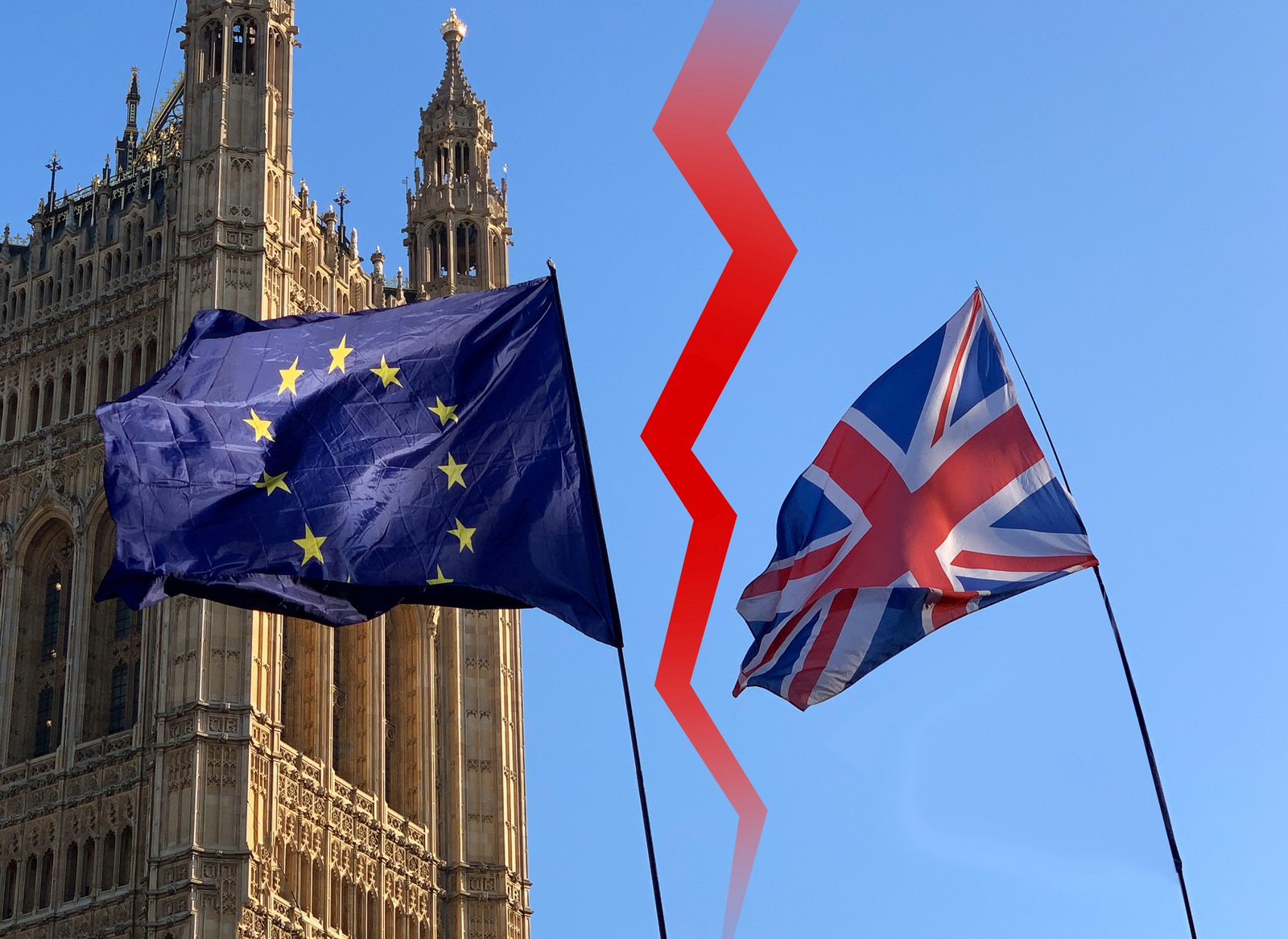It’s a funny thing, writing a story about Brexit this week. There has been a lot of news. A lot. I’ve had the BBC News channel on almost constantly and I still only have a passing familiarity with the motions, amendments and votes that have been taking place in the House of Commons.
I’ve been studying, I’ve been reading, I’ve been watching and listening, and it is impossible to keep track, never mind write a concise summary that rounds up the issue for readers in Britain and abroad. By the time I’ve finished typing this sentence, the news will have changed.
You might have seen some coverage yourself on your own news channels. Theresa May, with an apocalyptically hoarse voice, fighting for her deal with the EU to be accepted, then fighting for – or was it against? – a ‘no deal’. Some of her ministers abstained, against orders, which is supposed to cost them their jobs but nobody has yet been shifted.
May is really pissed off but absolutely ineffectual in getting her plan approved.
MPs voted against a ‘no deal’ exit, but can’t agree on a deal, so we really have no deal in place. The current question is whether we will leave, as planned, on the 29th March. If we do, it will be a disaster, as we are so far from prepared that it is not funny. But if we delay, it will still be a disaster. Maybe just a marginally smaller one.
A no-deal Brexit
The threat of a no-deal Brexit is the most frightening thing I have faced in a long time. With no strong strategies or plans in place to ensure that medication, food and other goods can be traded with any other countries, shortages are likely. The government has advised pharmaceutical and food companies to start stockpiling goods, but this is the same government that planned a cross-channel ferry strategic plan with a company that doesn’t own any ferries. We apparently now own more fridges (for the stockpiling of medicines) than anyone else on earth. Yay?
As somebody reliant on medication, the prospect of running out of one or more of my tablets is making me more ill than I should be. I worry about it more than running out of food, and I really like food. But if I can’t get bread, I could get potatoes; if I can’t get tins of tomatoes, I could get tins of beans. Medication doesn’t often work like that. Especially those that take years of tweaking to balance the benefits with the drawbacks in a way that improves one lot of symptoms without exacerbating another.
Of course, food shortages would also be awful. They would increase prices when many people are already struggling, and they would make food less accessible to people who need it to be available in a pre-prepared state or in particular presentations. If you have an eating disorder and can only eat certain foods, or if a physical impairment means you can’t open cans or peel oranges, you need your tried-and-tested brands to be available all the time. Delays can be catastrophic.
The House of Commons voted on Wednesday against tumbling out of the EU on the 29th March with no deal, but it was then announced that that vote was not legally binding. Then, yesterday, they voted on two key areas:
- To request that the EU extends our deadline from the 29th March
- To request a second referendum that the people will vote on to check whether we even still want this to happen.
The latest Commons votes
The argument against a second referendum is that we have already had our say, and that should be that. But this is coming from a Prime Minister who has already put her Brexit deal to votes in Parliament twice when she didn’t get the result she wanted the first time. It is thought she will try for a third time next week.
Surely if the few hundred MPs in the House of Commons are able to change their minds over the course of a couple of months, then over the two years that have passed since the Brexit referendum, as we the way a Brexit would look has painfully unfolded, the British public can also rethink what they want. What we want.
Maybe you liked the idea of leaving Europe on principle but now, seeing the reality and the economic catastrophe that is predicted is just too much for you. Maybe you’re losing your job because the car manufacturer you worked for is moving over to Europe. Maybe you run a business and are losing all your European staff. You probably want another say, and we should be allowed to vote again, this time on the deal that has been agreed between May and the EU to say whether this, precisely, is what we want.
But none of that matters, because Corbyn whipped his Labour MPs to abstain on a second referendum and the vote was not passed. Even the People’s Vote campaign didn’t vote for that particular amendment. It may come up again, but this feels like an opportunity wasted. Later, the main motion was voted upon, to request an extension from the EU to Article 50. This motion passed, so we have a bit more time to fail to solve this epic problem.
So what happens next? The Speaker of the House will yell “Orderrrrrrrrrr!” a few hundred more times, Theresa May will cling onto power and the rest? I wish I could tell you.
Photo: Christoph Scholz

